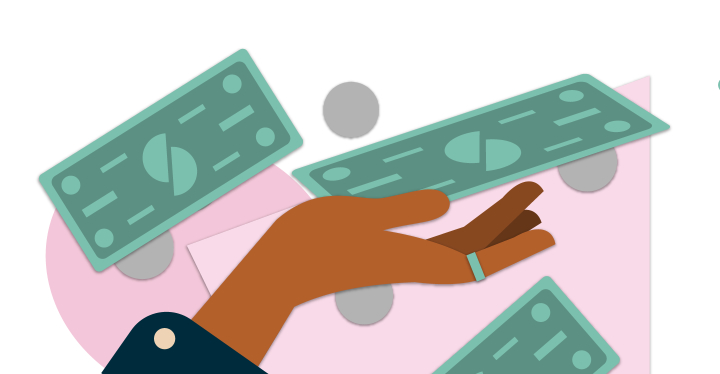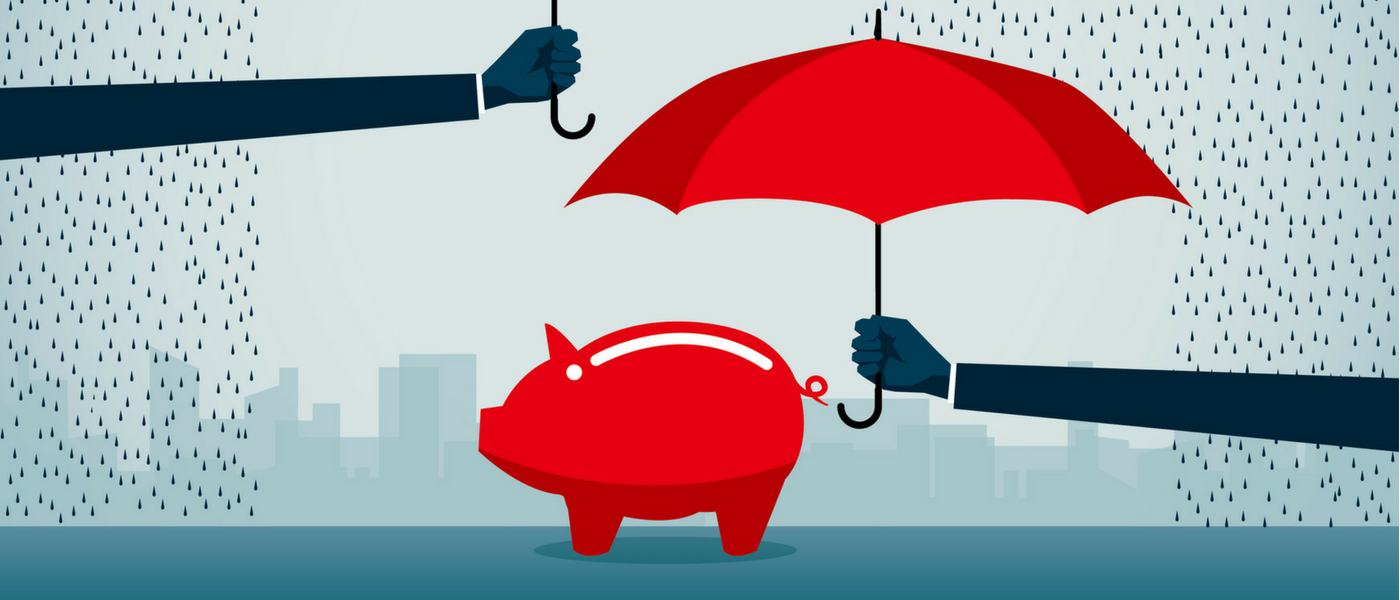2. Stress Reduction
Knowing that you have a financial buffer can significantly reduce stress and anxiety. Life’s uncertainties are less daunting when you have the financial resources to handle them.
Advertisement
3. Maintaining Financial Goals
An emergency fund allows you to stay on track with your long-term financial goals. Instead of disrupting your savings plan or investment strategy to cover unexpected costs, you can rely on your safety cushion.

4. Avoiding High-Interest Debt
Without an emergency fund, you might have to rely on credit cards or loans to cover unexpected expenses. This can lead to high-interest debt, making it harder to achieve financial stability.

How Much Should You Save?
Determining the Size of Your Safety Cushion
Financial experts generally recommend saving three to six months’ worth of living expenses. However, the exact amount can vary based on your personal circumstances, such as job stability, number of dependents, and existing debt.

Factors to Consider
Job Security: If you have a stable job, three months of expenses might suffice. For those with less job security, six months or more may be necessary.
Dependents: More dependents typically mean higher expenses, necessitating a larger safety cushion.
Debt Levels: High levels of debt require a more substantial emergency fund to ensure you can continue meeting payment obligations.


